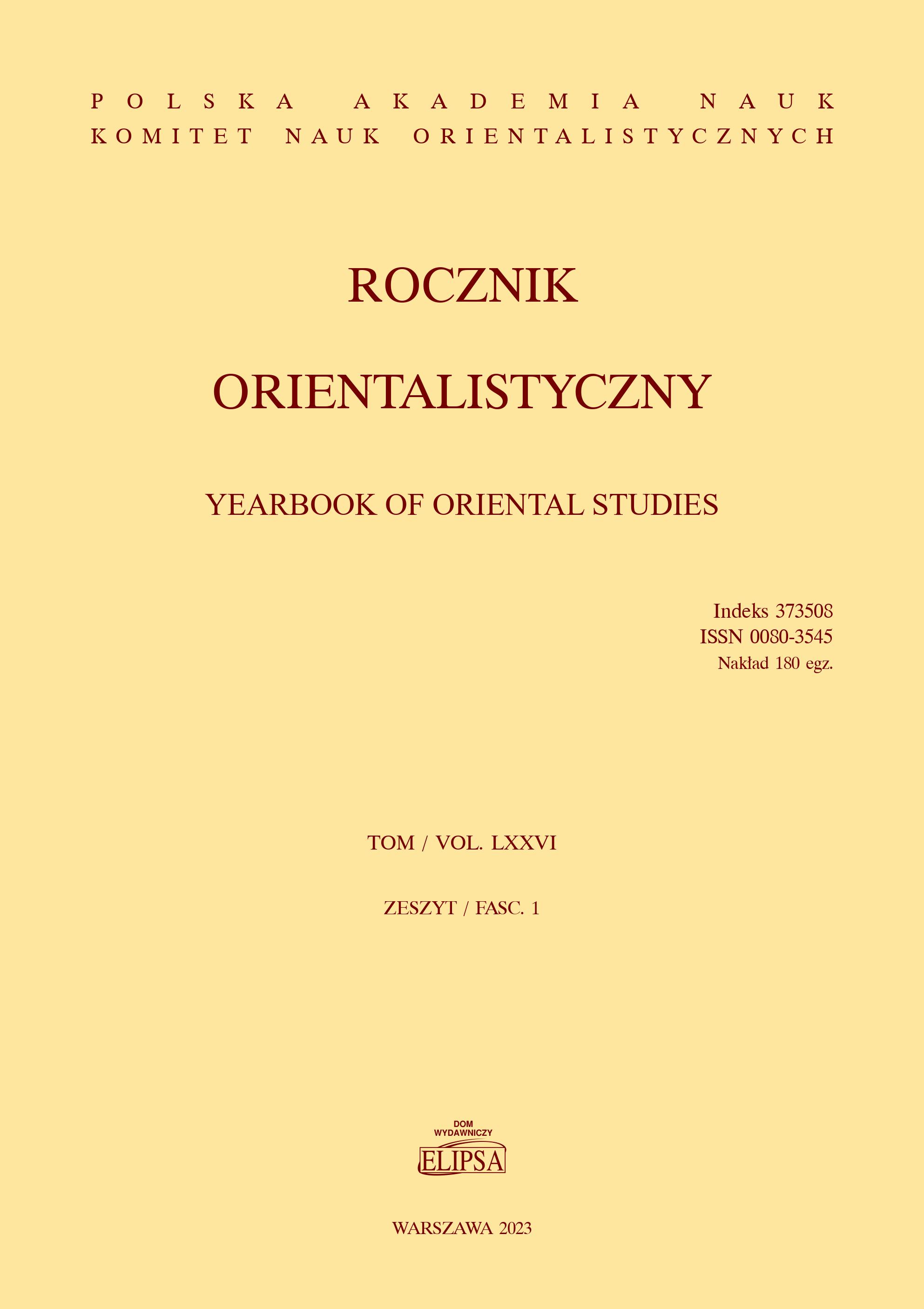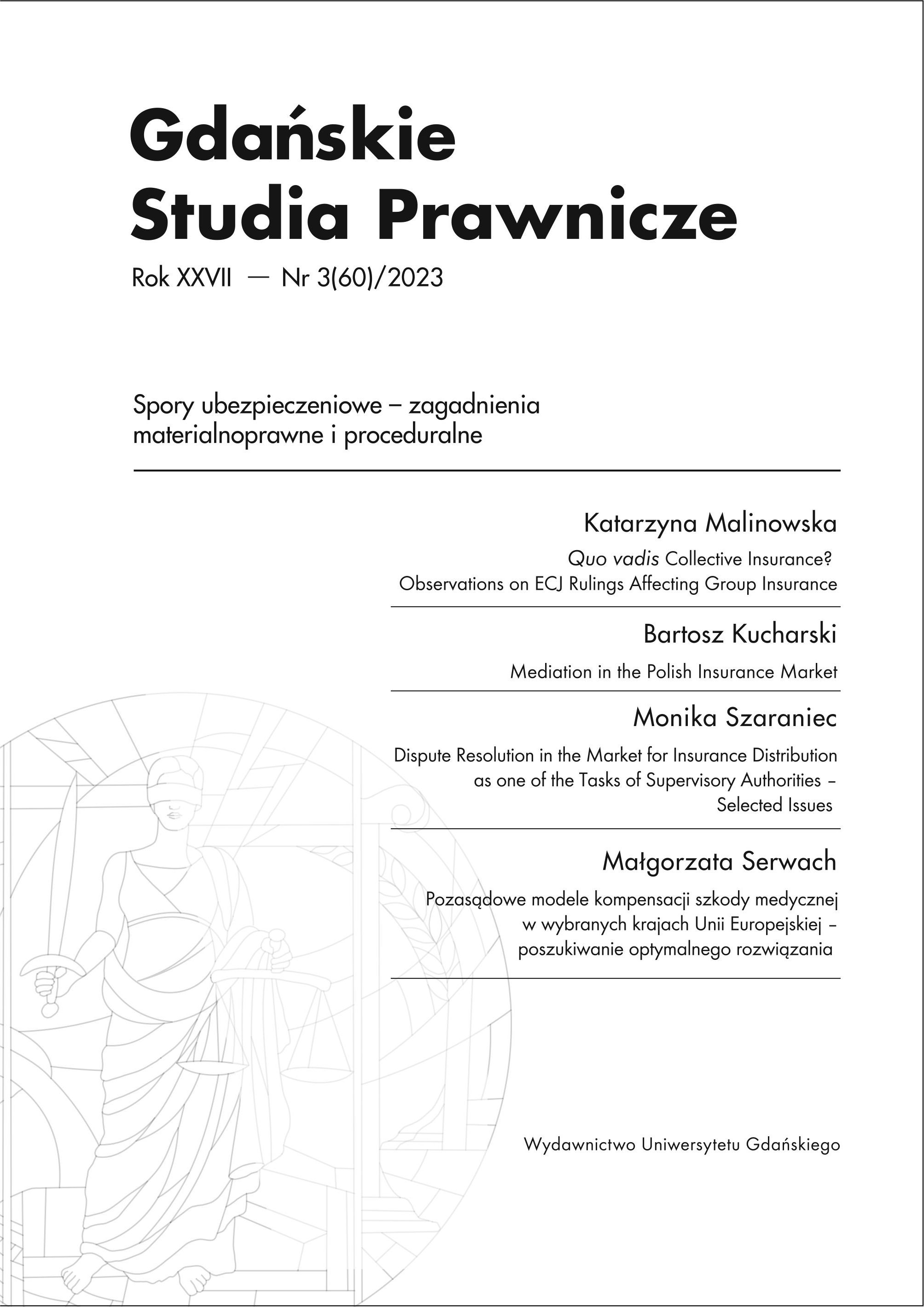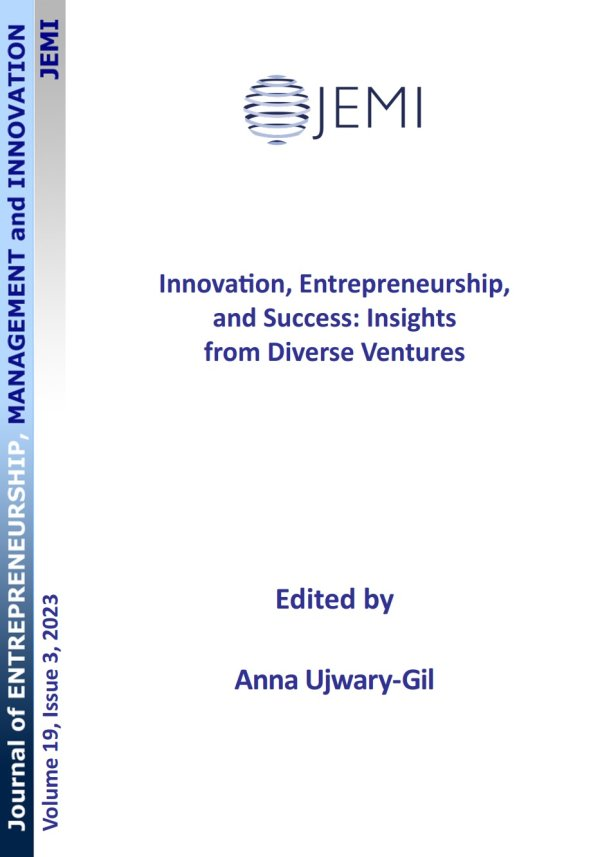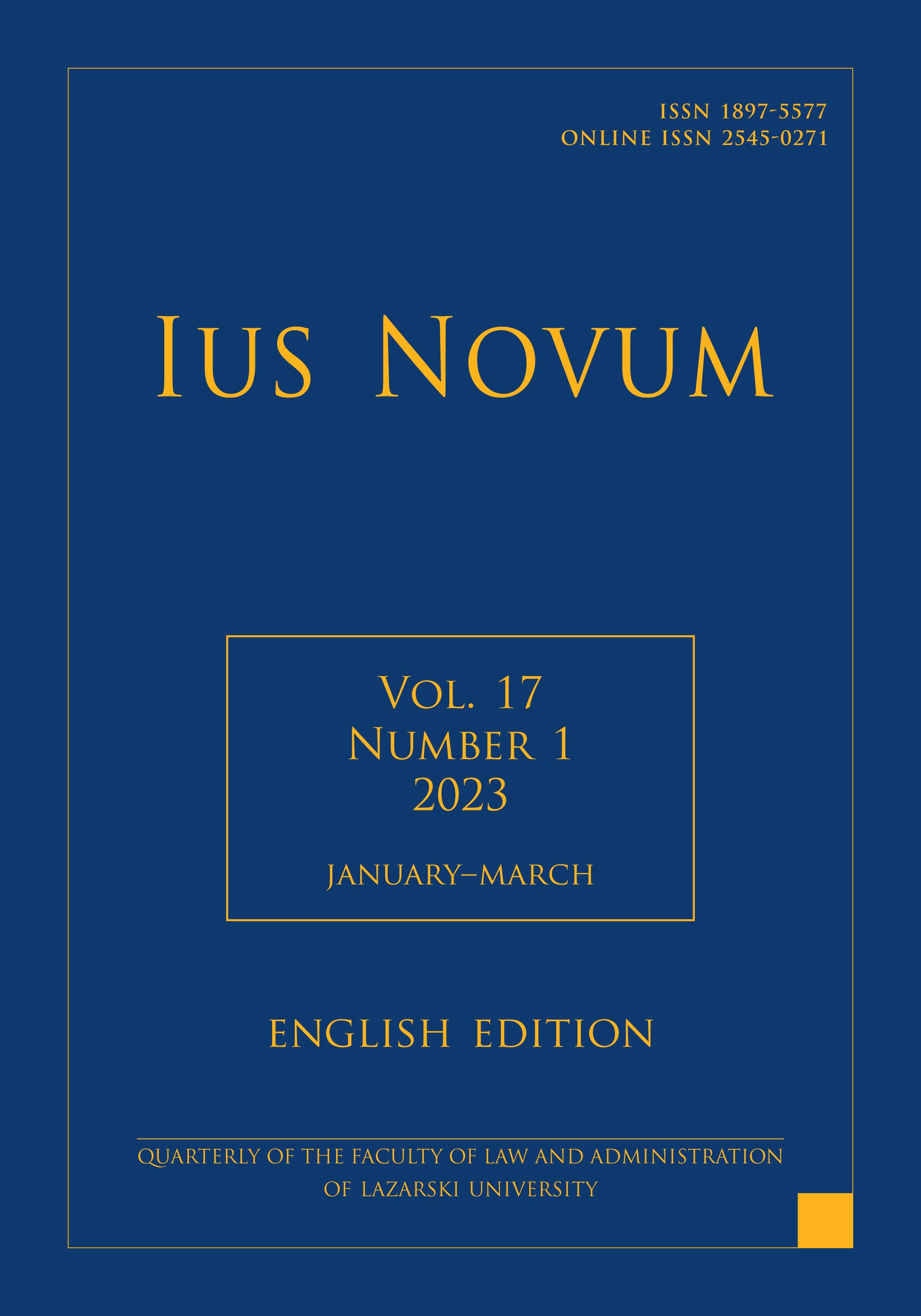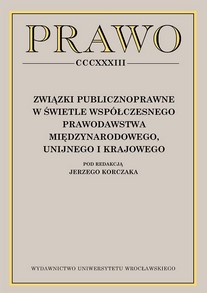Team members’ direct participation in decision-making processes and the quality of decisions
Author(s): Ryszard Rutka,Piotr Wróbel,Ewa Wycinka,Małgorzata Czerska / Language(s): English
/ Issue: 3/2023
Keywords: participation in decision-making (PDM); decision quality; consultative decision-making; group decision-making
PURPOSE: Do teams manage to reach better decisions than those made by individuals? Numerous studies have delivered inconclusive results. Meanwhile, participation in decision-making can take various forms and is not limited to consensus group decisions, and the influence of the various forms of participation on the quality of decisions has been less frequently examined. The aim of the research was to determine the effect on decision quality of changing the form of direct participation in the decision-making process in the case of complex, multi-stage problems. METHODOLOGY: The article presents the results of a long-term experiment in which 598 teams of 2,673 people took part. The participants were asked to solve a decision problem using three decision-making styles: autocratic, consultative, and group. The participants played the role of members of a newly established project team that must plan its own work. The task concerned a problem that requires the analysis of a number of dependencies between sub-problems, in contrast to eureka-type problems. The decision problem was new to the participants, making it impossible to apply known solutions; a creative approach was therefore required. The decision was then compared with the optimal solution established by experts. Decision quality was based on the deviation of the proposed solution from the optimal solution. FINDINGS: The results of the experiment confirm the significant synergistic potential of increasing direct participation in decision-making for complex, multi-stage problems. A significant proportion of teams made better decisions as a result of increasing direct participation – replacing autocratic decisions with consultative and group decisions. The quality of consultative decisions was roughly in the middle of autocratic and group decisions. By using group decision-making, teams made better decisions than the average individual decision and came closer to the decision quality achieved by the best team members. This effect was universal, observed both in the strongest and weakest teams. It should be remembered that, while group decision-making has the potential for synergy, it is not always achieved. Group decision-making markedly reduced the risk of making highly misguided decisions, and it can be reasoned that direct participation protects against serious mistakes more than it guarantees the best possible results. IMPLICATIONS: Team leaders should be familiar with different decision-making styles, their advantages and disadvantages, and the scope of their application. This research suggests that increasing team members’ participation to a consultative role and even better, a full participatory role, increases the quality of the decision. With the growing complexity of organizations that have to deal with accelerating change, technology development and increased competition, creating structures that can flexibly respond to the challenges of the environment requires the participation of team members at all managerial levels. The use of consultative and group decision-making styles for complex and multi-stage problems supports this process. The group decision-making style can bring better quality, but it has its limitations and it is not always possible to use it. It requires a team of highly competent people who identify themselves with the interests of the organization. Otherwise, the consultative form will bring better results. ORIGINALITY AND VALUE: For the first time, an empirical study analyses the case of consultative decision-making, in which the team leader consults the individual opinions independently to finally come up with a final “team” decision. This approach is widely used by team leaders and managers in the field. This study shows that this approach constitutes an improvement over the individual (autocratic) one but still falls short of the group decision-making approach. Finally, this study which has been done with the largest number of participant teams (598 teams, 2,673 individuals), professionally active post-graduate students and over a 24-year period allows a sound statistical confirmation of the proposed decision quality improvement when moving from individual to consultative and group decision-making styles.
More...
